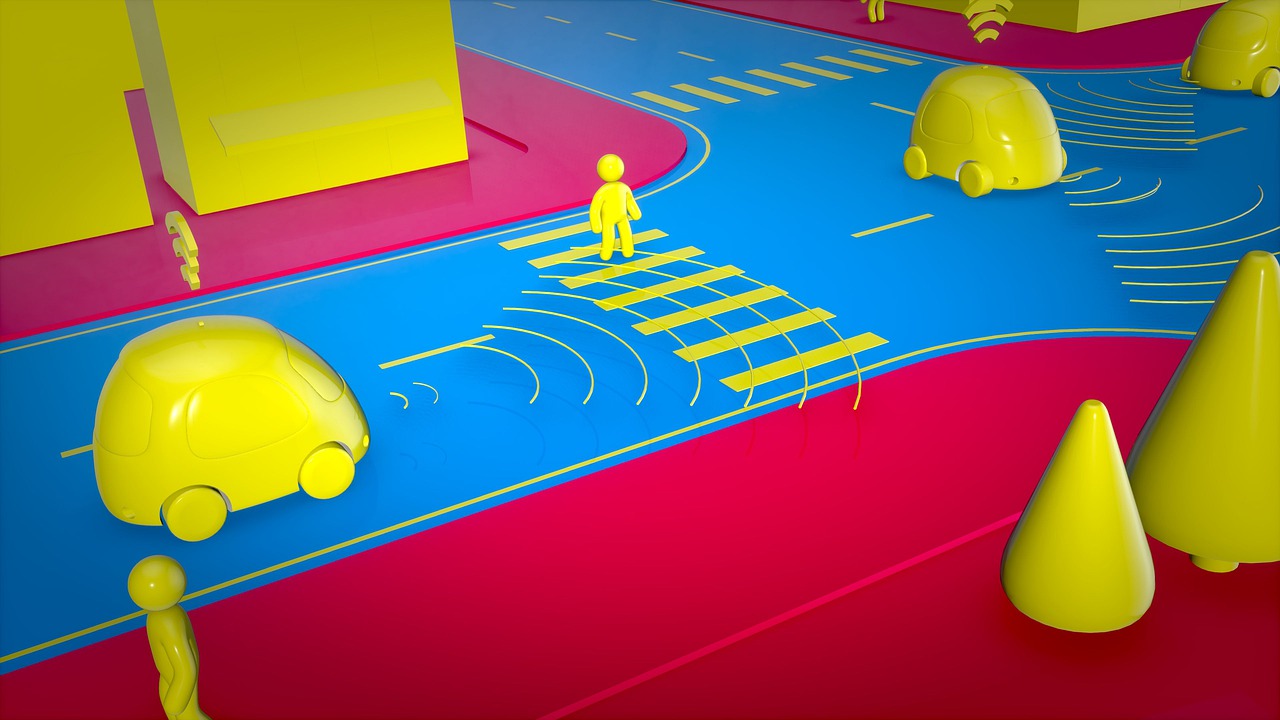
The Smart Mobility Lab (SML) – Lausitz Research Campus is a project of the Technical University of Dresden (TUD). Together with representatives of local authorities, industry and politics, the project is constantly developing in line with regional conditions and research priorities.
Put simply, the SML focuses on bringing together automated and cooperative driving, flying and robotics as a technological super-accelerator for tomorrow’s mobility on the road, in the field and the aerial space. It also focuses on building state-of-the-art research infrastructure and creating a software ecosystem for an active startup scene.
One goal is to establish rules for the approval of self-driving cars, among other things. To this end, the Institute of Safety of Networked and Automated Road Traffic (SivaS) will also be founded. The institute will propose appropriate testing and approval criteria to the federal government as well as the EU. In this context, Hoyerswerda will become a real laboratory as early as 2023. Cameras will be used to collect data on road traffic at various intersections over two years. This data will be used for further research.
To involve the public, a so-called City Co-Creation Lab is also to be created. This is a meeting place for local people where they can find out more about the topics of the SML and participate in the scientific process.
The SML will find its physical anchor in Hoyerswerda in the industrial park in the Schwarzkollm district. Here, the Lausitz Research Campus is to be built by the end of 2026. It will consist of three areas: a visually appealing test hall spanning 10,000 square meters, a second building with offices and seminar rooms, and an outdoor test circuit. Warehouses, garages, workshops, laboratories, or charging stations for vehicle batteries will be integrated, and the office area will also be a showpiece. In addition, large spoil tips around Hoyerswerda and Elsterheide will be used as test areas for recultivation robotics.
Research internships, block seminars, international summer schools or school projects, etc. will bring scientists and students to the region and ensure the development of skills that will be needed in industry in the future.
Finally, further education and qualification offers are to be made available for specialists in the region. Aside from mobility and robotics, these offers will also span know-how for transfer and business start-ups, acquiring management tasks, quality management, engineering skills and other region-specific needs.
In the medium term, the SML is expected to create 300 new jobs. In addition to scientists, skilled workers in the administrative and manual trades are also needed.
Source: https://tu-dresden.de/forschung-transfer/strukturwandel/sml
| Project executing organization: | Dresden University of Technology |
| Project volume: | approx. 96,0 million € |
| Implementation period: | 2022 – 2026 |